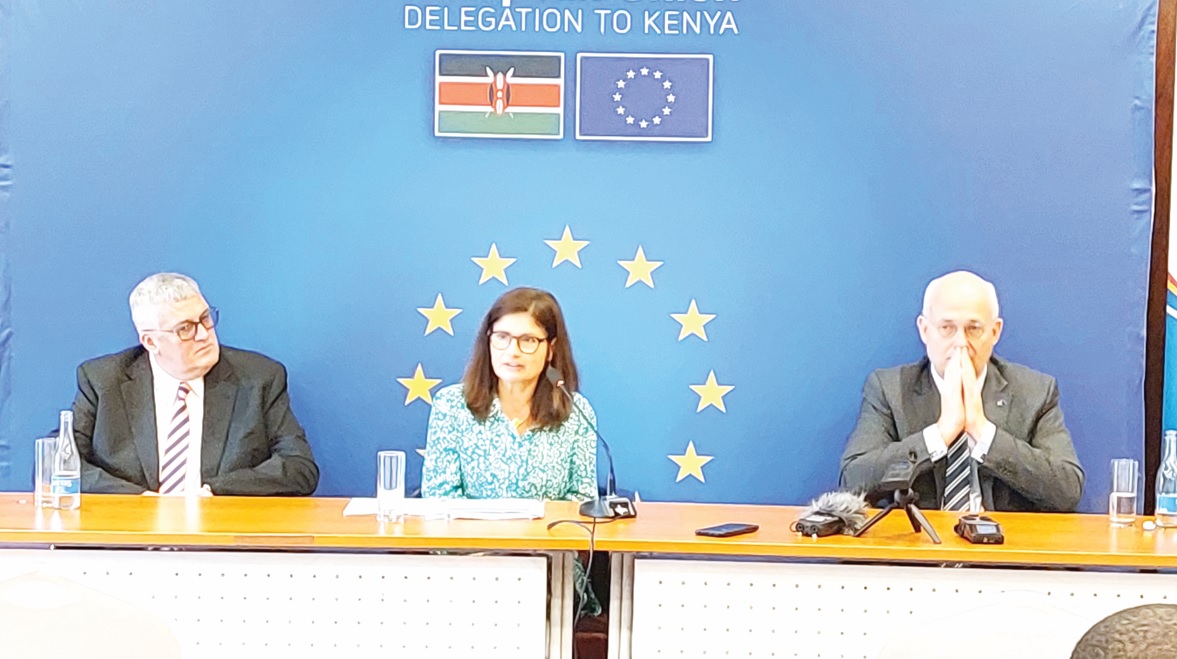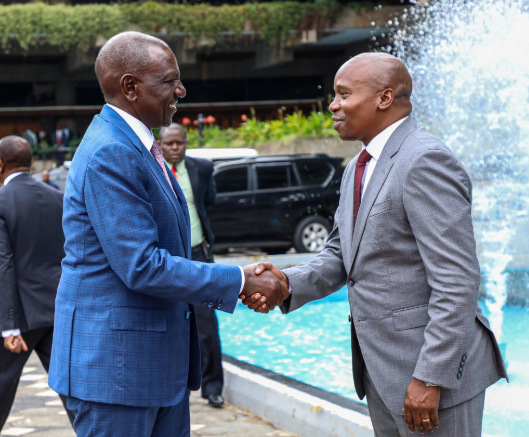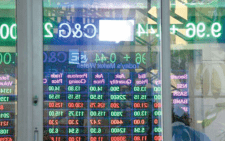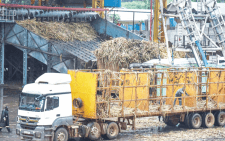Proposed levy threatens EU-Kenya trade relations

Kenya’s intended imposition of an export promotion levy and an existing Common External Tariff in the East African Community (EAC) could throw Kenya trade partnership with Europe back to the drawing board as the two parties seek final signatures.
Kenya, a key member of the EAC bloc, signed an interim Economic Partnership Agreement (EPA) with the European Union (EU) early last year, but the rise in domestic and regional tax policies that followed have since left a sour taste in the mouth of the European Union.
A final EU-Kenya signature in a trade pact, which was supposed to be sealed in the first quarter, has been dragging on and the earliest it can be completed is estimated to be in the third quarter, a period when Kenya would have released the Finance Bill 2023 guiding tax policies for the next fiscal year.
“We are hoping that now during the business forum, we’ll have another round of negotiation. There are few issues outstanding,” the EU Ambassador to Kenya, Henriette Geiger, said on the side-lines of a media briefing on the first EU-Kenya business forum expected mid this month. The forum is set to attract about 500 companies from both EU members and Kenya.
Finished products
East African states raised CET by up to 35 per cent from last July on imported finished products from non-member States to protect local industries, targeting imported iron and steel, furniture, leather products, edible oils, and flowers, among others. The EU says it is still too soon to access the full impact of this move.
Kenya on its part is eyeing a similar move after Trade Cabinet Secretary Moses Kuria recently disclosed that there is a proposal to have an Export and Investment Promotion Levy on imported goods that have capacity to be manufactured locally, with exemption of EAC States.
“We don’t use import duty to protect our market because we believe if you are free-trade, it leads to competition, better products, and more efficiency. I think a lot of industrial sectors can be increased in Kenya but whether protecting the market first is the best step, I don’t think,” said Martijn Boelen, EU trade Counsellor. “Let’s see what happens (to the levy)”.
Implementation of export promotion levy, which could be infused in the upcoming Finance Bill 2023, will first track in steel, paper, furniture, wire rods and billet products. Pharmaceuticals will also be on the radar in the next round after the first phase. This means that local importers will be forced to either source them locally or face the tax-laden costs that are often passed to end users. The levy is aimed at increasing tax collection while protecting local manufacturers.
“We will be imposing a levy we are calling the Export and investment promotion levy. Cabinet has approved, on a preliminary basis, they are going to start seeing some items served some serious levies so that we are able to protect our industry,” Kuria said. Kenyan manufacturers have always been challenged to increase the quality of their products to have a competitive advantage in the global market.
Europe is one of Kenya’s significant trading partners, absorbing most of its agricultural products like fresh vegetables, tea, and flower exports.
Some of these exports are however subjected to stringent standardisation measures. Kenya exporters currently have duty-free access to the EU market but the reverse is not the case for EU importers to Kenya.
Now, should Kenya proceed to perhaps scrap the import levies when striking a final EPA agreement, it risks irking its EAC members.












